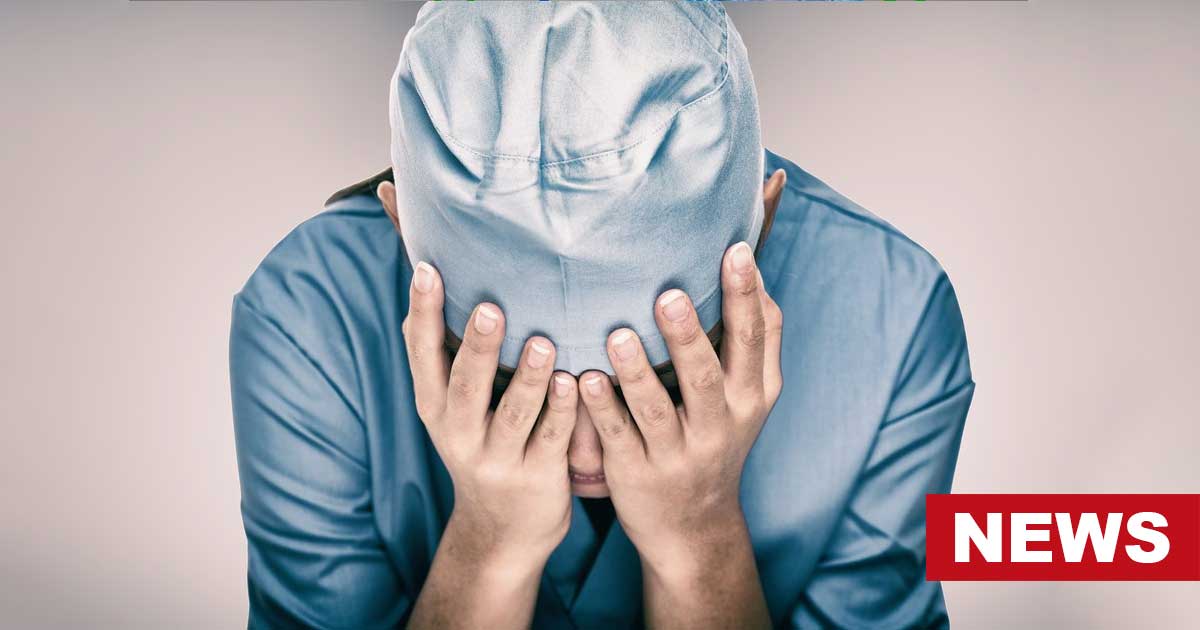- Poor mental health is a pressing global issue, with significant implications for individuals and society as a whole.
- There is an urgent need to address the mortality gap for people with severe mental illness.
Are People Dying Prematurely Due To Poor Mental Health?
The impact of mental health on overall mortality rates is often overlooked and overshadowed by physical health concerns. However, mounting evidence suggests that poor mental health can contribute to premature death. People with severe mental disorders die on average 10–20 years earlier than the general population.
Several factors contribute to this association. Firstly, individuals with mental disorders may engage in high-risk behaviors such as substance abuse or self-harm, which directly increase mortality rates.
Secondly, mental illnesses often coincide with chronic physical conditions such as cardiovascular disease or diabetes, leading to a higher risk of early death. Lastly, poor mental health can hinder an individual’s ability to seek timely medical care, exacerbating underlying health issues.
Which Mental Disorders Are Associated With A High Mortality Rate?
There is a high mortality rate for severe mental illness. Certain mental disorders are particularly linked to dying prematurely.
Substance use disorders, including drug and alcohol abuse, significantly increase the risk of premature death through overdose, accidents, and associated health complications. Eating disorders, such as anorexia nervosa and bulimia, can lead to severe malnutrition, organ failure, and suicide.
Another mental disorder associated with high mortality rates is bipolar disorder, as it is often accompanied by co-occurring substance abuse and an increased risk of suicide. Additionally, severe depression and other mood disorders contribute to suicide rates, placing individuals at a greater risk of premature death.
Reducing The Mortality Gap For People With Severe Mental Illness
The mortality gap for individuals with severe mental illness demands immediate attention. Several key strategies can be implemented to address this issue.
Firstly, there is a need for integrated care models that bridge the gap between mental health services and physical healthcare providers. Collaborative efforts can ensure comprehensive treatment, monitor physical health indicators, and promote preventive measures.
Additionally, destigmatizing mental illness and improving access to mental health services are crucial. Society must prioritize mental healthcare as an integral part of overall well-being, leading to increased awareness, reduced discrimination, and improved early intervention.
Moreover, establishing peer support networks can offer a sense of belonging, reduce isolation, and provide practical guidance for individuals with severe mental illness.
The correlation between poor mental health and premature mortality underscores the urgent need to address this issue. This Mental Health Awareness Week, it is therefore crucial to prioritize mental health on a societal level, recognizing its profound impact on overall well-being.
Only through concerted efforts can we ensure that mental health receives the attention it deserves and prevent unnecessary premature deaths associated with poor mental health.
Know More About –
Related Articles –
- How Does Mental Health Affect Physical Health? Unlocking The Underrated Connection To Well-Being
- Invisible Wounds: 10 Ways Unresolved Attachment Trauma Manifests in Adults
- Perception Of Pain: 7 Reasons Why Some People Feel Pain More Strongly








